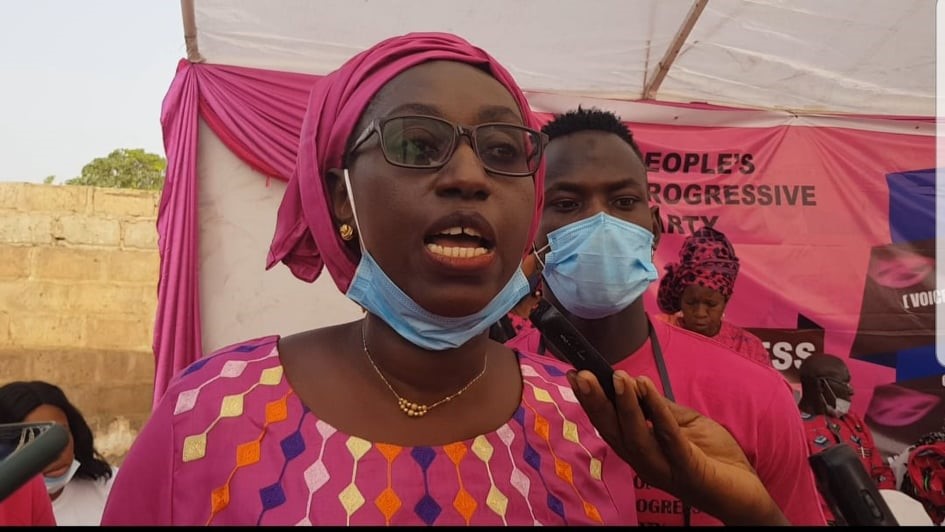By Yusupha Jobe
Senior official at Banjul Breweries Company has said business at his company is still at lost despite government revised tax from 75% to 35%.
In 2018, the breweries company laid off 18 staff as a result of financial challenges following government increment of tax from 15% to 75%, of last year is still trading at a lost.
Speaking to voice in an exclusive interview, Borry Darboe said: “Banjul Breweries has in last year faced one of the Government’s increase excise tax policy which he stated has allowed the company to lay off over 10 of its staff members from the production department this while adding that despite all the necessary measures taken to protect the company from doing business at a lost by reduction of staffs the situation he mentioned still persists.”
He said the production capacity on all beverages manufacture by the company has a dropped record of 17% from the month of December 2018 to 2019 stating which has also reflect on the lost financial gains of the company.
“December has always been a good trade season for us as a beverage company but this has never come into reality after we were faced with the last year’s Government increased excise tax duty on us.”
“I can tell you we are still doing business at a lost despite Government decision to reduced last year’s excise tax policy increment from 75% to 35%. We are still appealing to the Government to revisit the revised 35% of levied as it is still not helping the production capacity of the company,” he added.
Meanwhile, he alleged the entry of unchecked bottles of beverages from the neighboring countries into the Gambian stating which has greatly affect the country’s beverage industrial sectors and as well creating huge financial lost to the country’s revenue authority.
He said: “if we want to develop our industrial sector and reduce the rate of unemployment in the country our local industrials base has has to be protected with all necessary laws and borders controls to disallow illegal entry of same product from other neighboring countries.”




